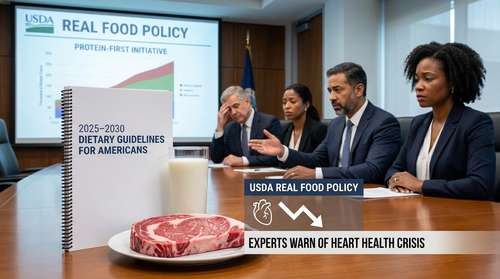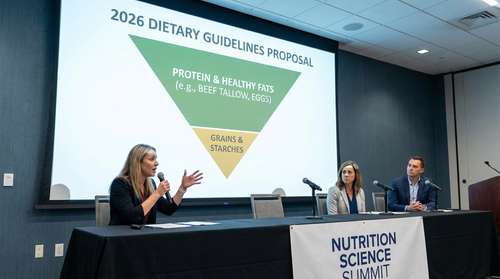In today’s fast-paced world, many people rely on processed foods for convenience. However, understanding the health effects of processed foods is crucial for making informed dietary choices. This article explores the risks of processed foods, their impact on health, and how to make eating choices that are healthier for your body.
What Are Processed Foods?
Processed foods are items that have been altered from their original form for safety or convenience. This can range from simple processes like freezing vegetables to more complex methods that involve adding artificial ingredients. While some processed foods can be nutritious, others, especially ultra-processed foods, can be harmful.
The Risks of Processed Foods
Nutritional Deficiency
Many highly processed foods lack essential nutrients. They often contain high levels of sugar, salt, and unhealthy fats while being low in vitamins and fiber.
Increased Caloric Intake
People who consume a lot of ultra-processed foods may find themselves eating more calories without realizing it. For example, these foods are often calorie-dense but not filling, leading to overeating.
Health Conditions
Regular consumption of ultra-processed foods is linked to several health issues:
- Obesity: Studies show that people who eat more processed foods tend to gain weight due to high caloric content and low nutritional value.
- Type 2 Diabetes: Many processed foods have a high glycemic index, which can cause spikes in blood sugar levels and lead to insulin resistance.
- Cardiovascular Disease: Diets high in processed foods are associated with increased risks of heart disease due to factors like high blood pressure and inflammation.
- Cancer: Some research suggests a connection between ultra-processed food consumption and an increased risk of certain cancers, including colorectal and breast cancer.
Addictive Nature
Processed foods are often designed to be tasty and appealing, which can lead to cravings and overconsumption. This is partly due to added sugars and fats that stimulate the brain's reward system.
Healthy Eating Choices
Making healthier choices is essential for mitigating the risks associated with processed foods. Here are some tips:
Read Labels
Check ingredient lists for hard-to-pronounce chemicals or long lists of ingredients. The shorter the list, the better.
Choose Whole Foods
Opt for fresh fruits, vegetables, whole grains, and minimally processed items whenever possible.
Cook at Home
Preparing meals at home allows you to control what goes into your food, making it easier to avoid unhealthy additives.
Plan Meals
Planning meals in advance can help you make healthier choices and reduce reliance on convenient but unhealthy options.
Educate Yourself
Understanding nutrition helps you make informed decisions about what to eat. Look for resources on healthy eating habits and nutrition education.
Nutrition Education
Education plays a vital role in promoting healthy eating choices. Programs that focus on nutrition education can help individuals understand the importance of balanced diets and the risks associated with processed foods. By learning about food labels, portion sizes, and healthy cooking methods, people can make better dietary choices.
Final Thoughts
The impact of processed foods on your health cannot be ignored in today’s society. While convenience is a significant factor in food choices, prioritizing nutrition is essential for long-term health. By understanding the risks associated with processed foods and making informed decisions about what we eat, we can improve our overall well-being.




